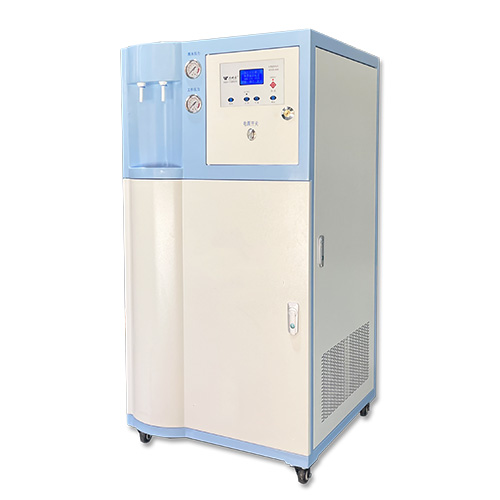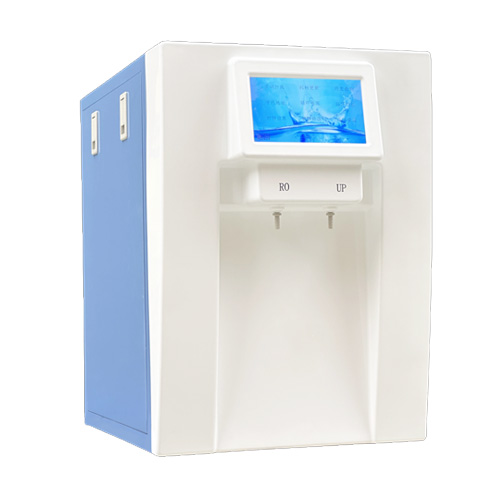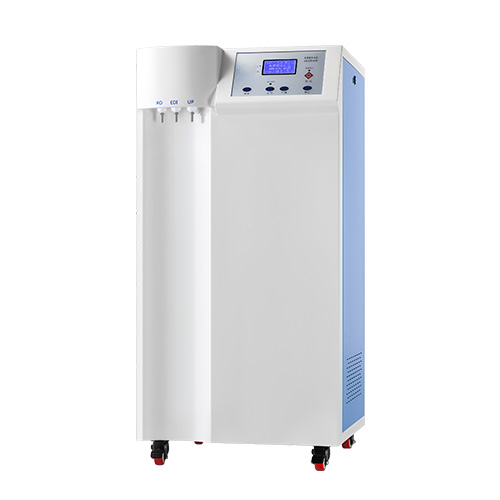A laboratory-specific water purification system is a device designed to supply high-purity water for laboratory use, catering to the stringent water quality requirements essential for experiments. It employs multi-stage filtration and purification technologies, such as reverse osmosis, ion exchange, and ultrafiltration, to remove impurities, ions, organic matter, and microorganisms from water, thereby producing pure or ultrapure water that meets experimental standards. Laboratory water purification systems are extensively utilized in the fields of chemistry, biology, medicine, and environmental science.
Suitable for applications in HPLC, GC-MS, ICP-AES, ICP-MS, AAS, GF-AAS, TOC analysis, IC, electrochemistry, ultra-trace and trace inorganic and organic analysis, molecular biology, microbiology, PCR applications and analysis, DNA sequencing, mammalian cell culture, cell and culture medium preparation, monoclonal antibody production, electrophoresis, and gel analysis, among other experimental procedures.








